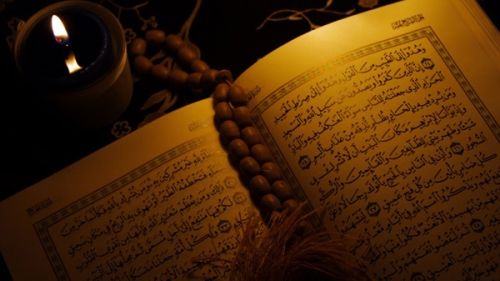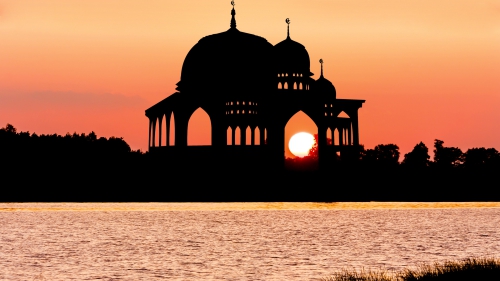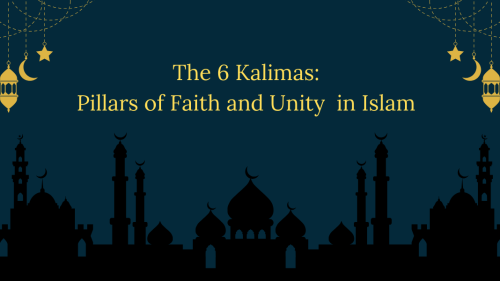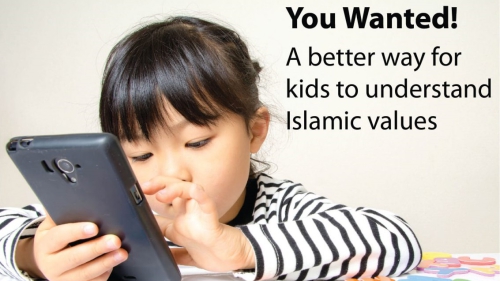Does Islam mistreat women?
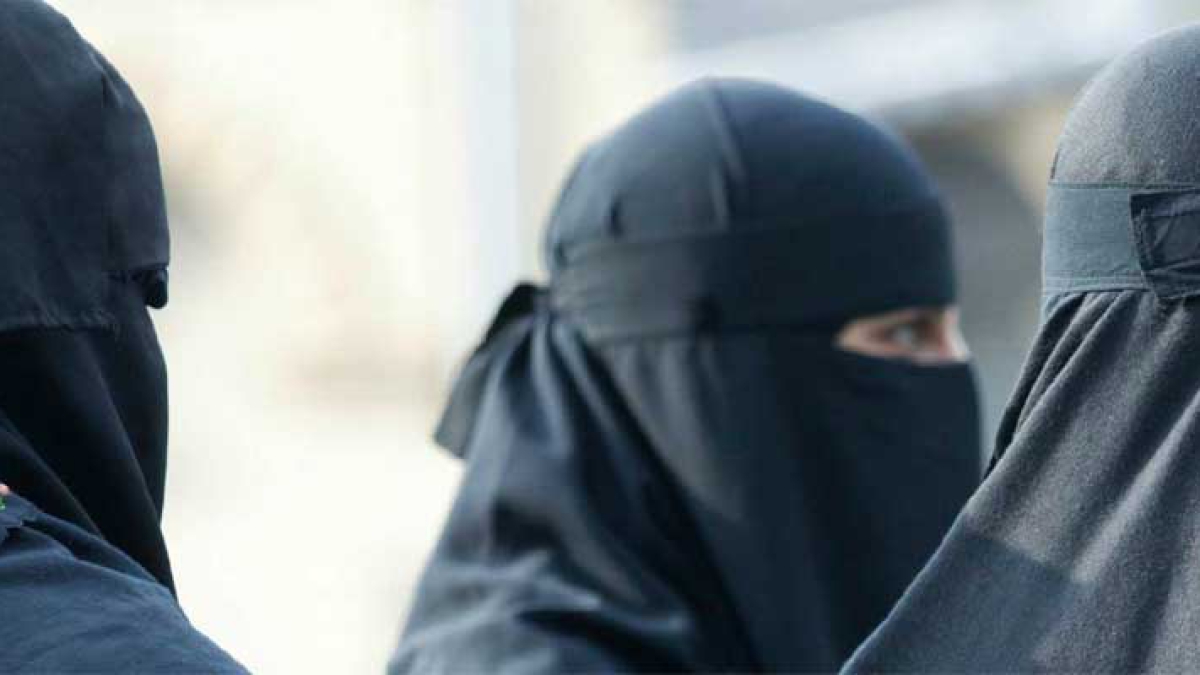
In the September 8, 2009 issue of Los Angeles Times one of the lead stories was about a Sudanese woman who was sentenced to one month in prison for wearing pants in public. She was originally going to receive 40 lashes for the crime as well, but her sentence was commuted, most likely to avoid further public outcry. Earlier this year, news about the sanctioning of marital rape in Afghan legal code made its way to the outside world, sparking outrage, especially since things are supposed to be getting better, not worse, for the women in Afghanistan ever since the US-led invasion in 2001.
At the same time, Muslim women around the world see some improvements in their lives but, more often than not, the difficulties they face can often be linked to unjust interpretations of Islamic and other laws that place women at an extreme disadvantage. Many supporters of Islam point to the egalitarian spirit of our faith that was in great contrast to the prevailing religions at the time (7th century, AD). But what has happened since? How have we veered so far off of the path when it comes to women who are often the most vulnerable members of society?
Islamic law and tradition has been invoked to perpetuate such egregious practices as honor killings, female genital mutilation, and the deprivation of economic rights. Women still must be at the mercy of the court in countries that abide by Sharia if they ever want to see their children again once a divorce has taken place. Some women have resorted to abducting their own children since they cannot find any legal support in some Gulf countries, for example, for even visitation rights. Elsewhere, women can wake up in the morning to find that their husbands have taken another wife, usually without the first wife's consent.
Politically, women are still struggling for the right to be represented in government in all but a few Muslim countries. Even where they have the right to vote and run for office, they still are given a marginal role, usually excluded from any real power sharing or decision-making that impacts society as a whole.
Educationally, in some countries Muslim women continue to surpass their male counterparts in obtaining advanced degrees. But upon graduation, their gender puts them at a disadvantage in the work place, often seeing the available jobs given to others who may even be less qualified. The same income disparity that still plagues non-Muslim, developed countries affects the Muslim world as well. And the overall rate of literacy among Muslim women is still one of the lowest in the world.
Muslim women unfortunately remain at the lowest socio-economic level, which goes hand in hand with their lack of access to education. They also are kept at a disadvantage when they inherit less than their male relatives as families invoke Shari'a law to govern asset distribution. Classical interpretation of the inheritance laws in Islam argue that the disparity is offset by the responsibility of the male relatives to care for the females. But when that doesn't happen and the woman gets less, what is she to do? Are the courts available for her to enforce her rights in the first place?
It would be nice to say that the ideal image of women in Islam based both on the Qur'an and on the example of Prophet Muhammad is becoming a reality. Ironically, Muslim women living in Western countries that embrace concepts like freedom of religion, speech and democracy have a better chance of achieving that ideal when they impose upon themselves the guidelines and structure of Islam. They are able to live according to the values of Islam but are not subjected to laws that misinterpret Islam.
Change is happening around the world. Sometimes it is through external pressure, sometimes it comes from within. In Africa , as more and more women become religiously literate, they have come to oppose the custom of female circumcision. Grassroots organizations are educating others about the harmful effects of this practice and how it actually contradicts Islam. To alter what has been an established cultural practice believed to be mandated by Islam is a huge undertaking but the wheels are slowly turning. Muslim leaders and scholars have spoken out against the practice, which has a huge impact, but sadly, some of the most vocal opponents to change are Muslims themselves.
The struggle to close the gap between what Islam says and what Muslims do with respect to women's rights will go on. Women have suffered for hundreds of years and some, in an attempt to emphasize this continuing trend, have taken the bold step of becoming leaders and examples, even at great personal loss. While we might not take the "women in pants" story too seriously, the individual in question did give up her job at the UN in order to avoid immunity from prosecution and to make the point that this issue is but a small example of the degree of infringement on women's rights in her country.
Muslims must step up to the challenge and confront the greatest ills that affect our Umma (community). Guaranteeing girls a right to a full education is a place to start. Speaking out against all forms of violence against women should be a priority. While Muslims deserve democracy and representative government, women must be included as full partners in any political change that occurs. Global efforts to promote the economic advancement of women in general will help Muslim women20as well. Our goal is to enable ourselves to fully realize the Qur'anic verse that says:
The Believers, men and women, are protectors one of another. They all enjoin the doing of what is right and forbid the doing of what is wrong. (Qur'an 9:71)
Laila Al-Marayati is a gynecologist and a former member of the US State Department's Advisory Committee on Religious Freedom Abroad.
The Islamic Center of Southern California and USC have joined to organize a Conference on Women's Rights in Islam, to be held on Oct. 17, 2009. Dr. Al-Marayati will be speaking at the event.
Source: http://blog.icsconline.org/






